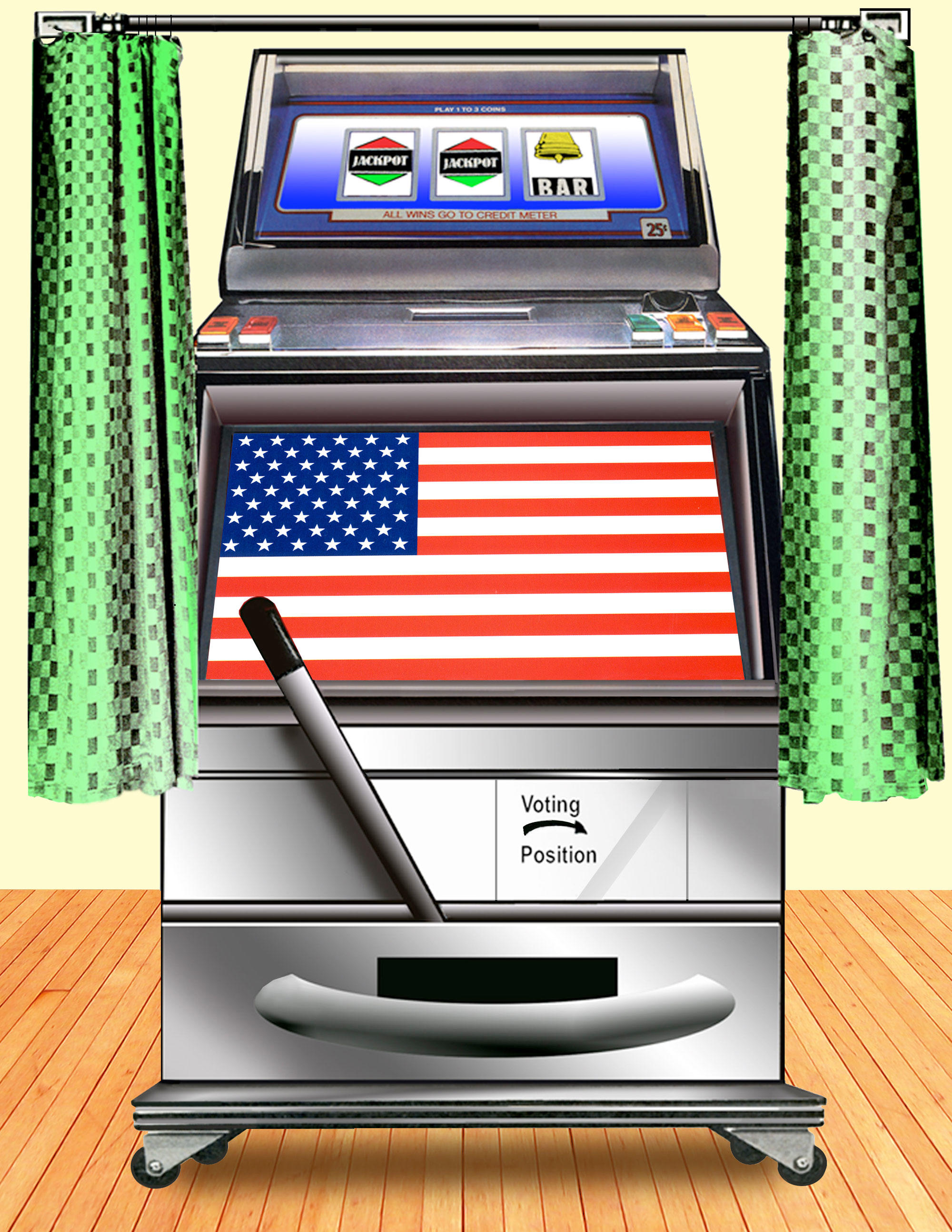If the election were held today, who would you vote for?” That’s a question pollsters typically pose to generate the statistics that pundits ponder and citizens avidly watch. But to predict an election, there’s a better question: “Who do you think is going to win?”
So says economist David Rothschild, an expert on understanding and forecasting public opinion, who correctly predicted the outcome of the 2012 presidential election in forty-nine of fifty states — and that was in February, long before the Republican candidate was known. (The exception was Florida, which he had “slightly leaning toward the generic Republican nominee, whoever that might be,” he recalls, “and it went slightly for the president.”
For Rothschild, a fellow at Columbia’s Applied Statistics Center, where he and his colleagues research innovative methods of data collection and analysis, polls are just raw data waiting to be analyzed — and not the best data, at that. Prediction markets are better. “A poll is a single data point that is an attempt to gather the current intentions and sentiment of the voting population,” he explains. “Prediction markets are trying to determine what will happen when the event occurs. And what you find is that they are quite accurate.”
Prediction markets, sometimes known as information markets, allow people to bet on the outcome of future events. Speculators will make money if they predict correctly — and lose money if they’re wrong. At the website PredictIt, for example, a politically focused prediction market that Rothschild closely monitors, you can buy and sell “yes contracts” that will be worth one dollar if Hillary Clinton wins the presidential election and worth nothing if she loses; or you can buy and sell “no contracts” that will be worth one dollar if Clinton loses and nothing if she wins. (Such contracts are also available for other candidates, elections, and questions — e.g., will Puerto Rico go bankrupt in 2016? will the next UN secretary-general be a woman? — that will have a clear yes-or-no answer by a certain date.) The market price of the contracts at any given time reflects traders’ views on the probability of the outcome: the price of a one-dollar yes-Clinton contract will be eighty cents when traders believe there’s about an 80 percent chance that she will be the president. Similarly, if you had bought a yes contract for Donald Trump back in February, you could have later sold it to a higher bidder as the yes probability rose, or you could have held on to it in hopes of getting that dollar in the end. The price fluctuates with each transaction, as the market responds in real time to all information — economic and political news, public sentiment, world events, rumors — available to large numbers of people.
“These markets move in a way that is generally more efficient than stock markets, because ultimately they have to move on a given day,” Rothschild notes. “Apple may be mispriced for years, and you may run out of money betting against it.” But those Clinton and Trump contracts will hit their true value once and for all on Election Day, in November. “A commodities futures market is the exact same thing,” says Rothschild, “a very equivalent structure.”
Although prediction-market participants are self-selecting and surely not representative of the population at large, as a poll tries to be, that’s OK, explains Rothschild, because they tend to vacuum up every scrap of information that’s out there, and they really want to be right. “Markets ultimately have one key advantage,” he says, “which is incentivizing people to come and provide information at two in the morning if the information is breaking.”
If one prediction market is useful, how about three prediction markets — plus a constantly updated aggregation of all major polls, plus a roundup of the latest bookmakers’ odds? These are the ingredients that Rothschild collects, reports, and bakes into his own predictions, which he posts to his website, PredictWise.
Oh, and by the way, who’s going to win the presidential election?
Said Rothschild, when we last asked, in mid-May: “There’s a 72 percent chance it will be the Democrat.”
Want to bet?



